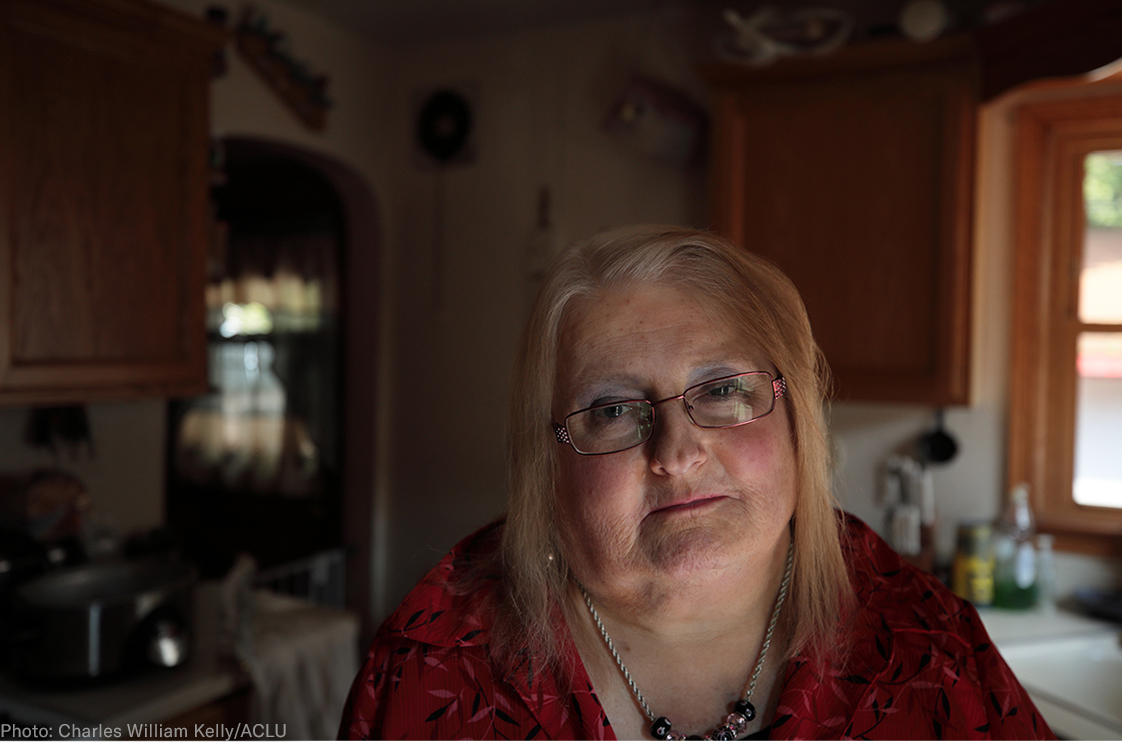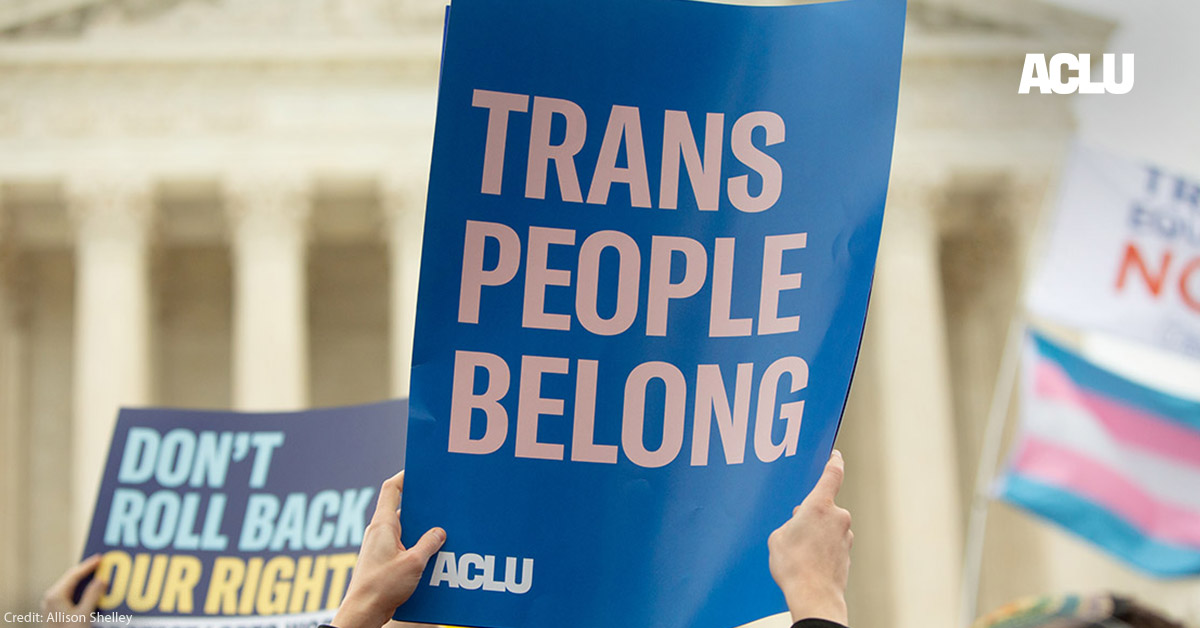The Supreme Court has ruled that LGBTQ people cannot be fired because of their sexual orientation or because they are transgender as a matter of federal law, affirming legal protections from job discrimination for millions of people. Here’s what today’s ruling means for the LGBTQ community, employers, and Congress’ next steps.
What did the Supreme Court’s decision say?
The Supreme Court ruled that the federal law prohibiting sex discrimination in the workplace (Title VII of the Civil Rights Act of 1964), protects people from discrimination for being LGBTQ. This decision follows decades of lower court cases and agency decisions holding that such discrimination is unlawful sex discrimination.

On April 22, the Supreme Court announced it would take up three cases that ask whether or not to roll back protections for LGBTQ people under the Civil Rights Act’s prohibitions on sex discrimination. The ACLU is counsel in two of the cases:R.G. & G.R. Harris Funeral Homes v. EEOC (Aimee Stephens)Altitude Express v. Zarda (Donald Zarda)
What does this decision mean for LGBTQ workers?
Title VII covers employees in workplaces with 15 or more employees. In every state across the country, it is now unlawful to fire someone just for being LGBTQ. Other types of anti-LGBTQ workplace discrimination, like harassment and failure to hire, are also illegal. In addition, state or local protections still apply.
What about religiously-affiliated employers?
Title VII applies to religiously-affiliated employers. There are some exemptions, including for ministers or other individuals whose job involves teaching or leading the faith. But in general, it applies to most job positions.
How will this impact my rights in school, health care, or housing?
Federal law also prohibits sex discrimination in housing, healthcare, education and credit. The reasoning from this Supreme Court decision should mean that it is also unlawful to discriminate against LGBTQ people in those contexts. With respect to healthcare, these protections in law override the anti-trans regulations recently issued by the Trump administration under Section 1557 of the Affordable Care Act.
What more do we need to do?
While federal law now offers many protections nationwide, it does not protect LGBTQ people in some important areas of life, such as in businesses open to the public, and federally-funded programs. And the law has some serious gaps in protections for all of us. Especially in this moment, updating the law to address modern forms of discrimination is critical.
We can seize on the momentum of this victory and pass the Equality Act now. The House of Representatives passed this critical legislation in May 2019. Urge your Senators to move this bill forward and ensure that LGBTQ are fully protected by our civil rights laws.
We also must continue to rally in the streets and in all aspects of life to defend Black trans people from deadly violence. In doing this work, we must follow the leadership of Black trans people.
What if I still experience discrimination because I’m LGBTQ?
Contact a lawyer, or a legal organization like the ACLU. We may be able to help.

Politicians are attacking the rights of transgender people’s access to public spaces, basic services, educational institutions, and ultimately compromising the ability of trans people to survive.
Published June 15, 2020 at 10:11PM
via ACLU https://ift.tt/2UMuGrY
No comments:
Post a Comment